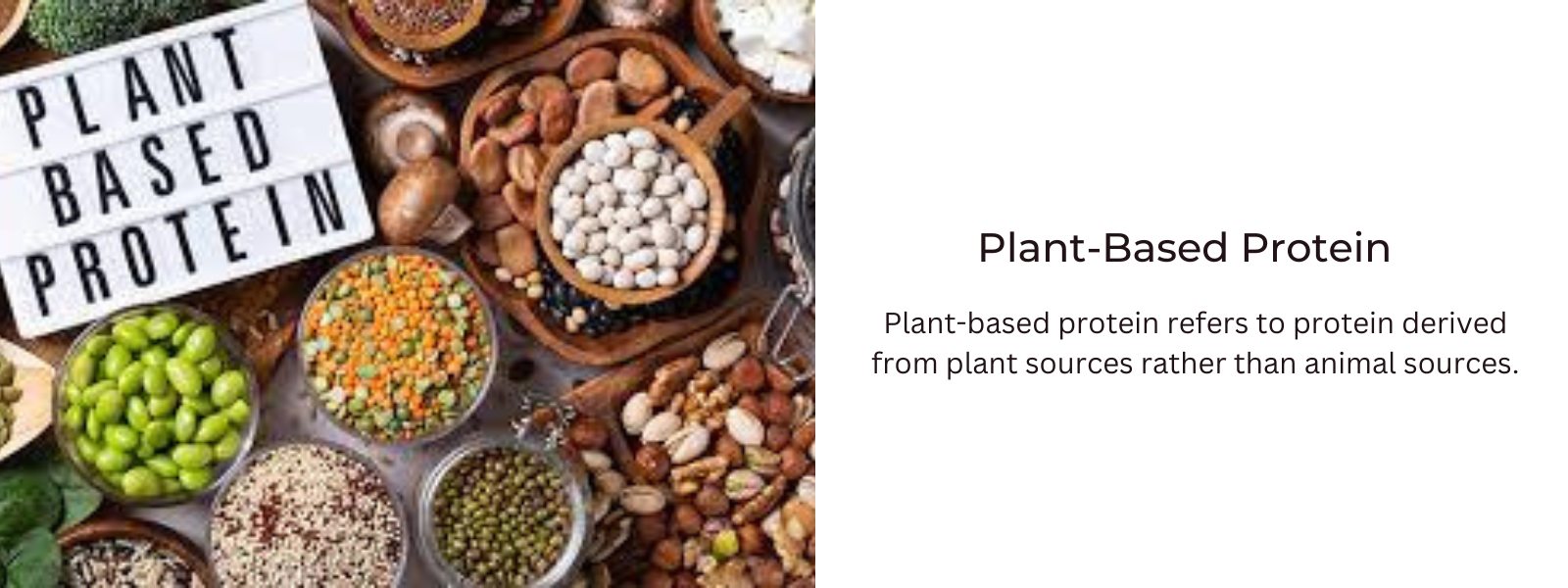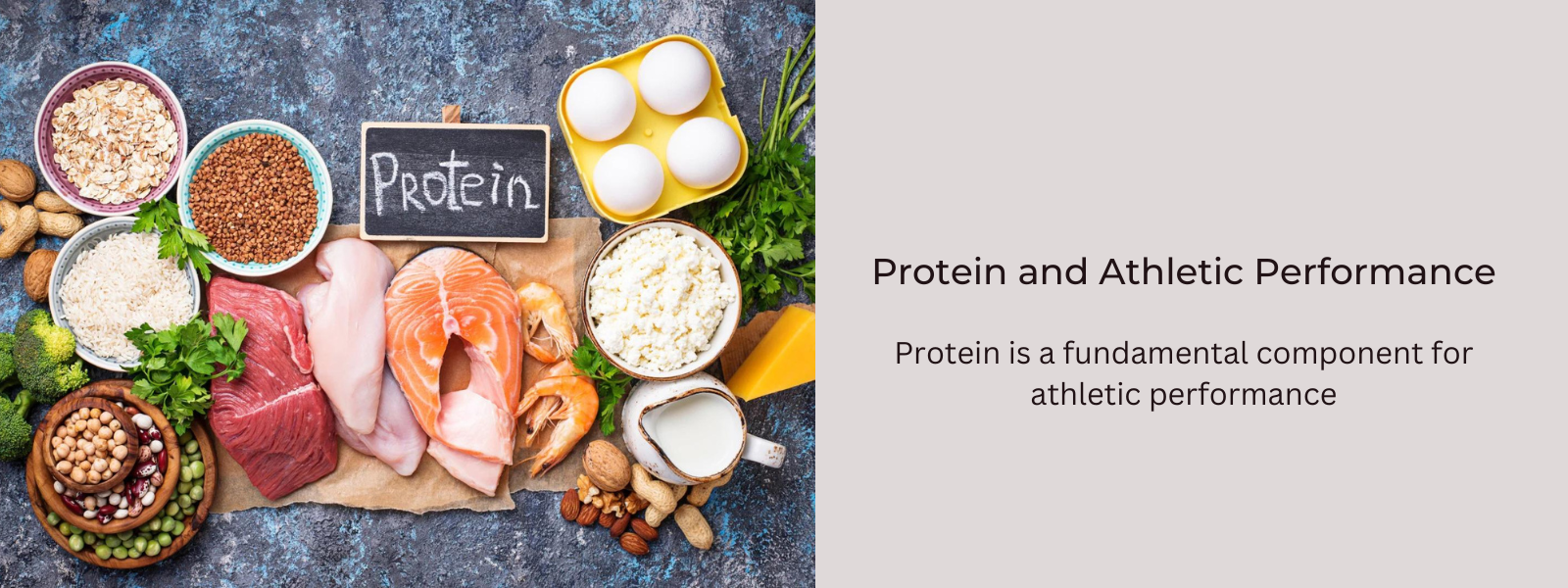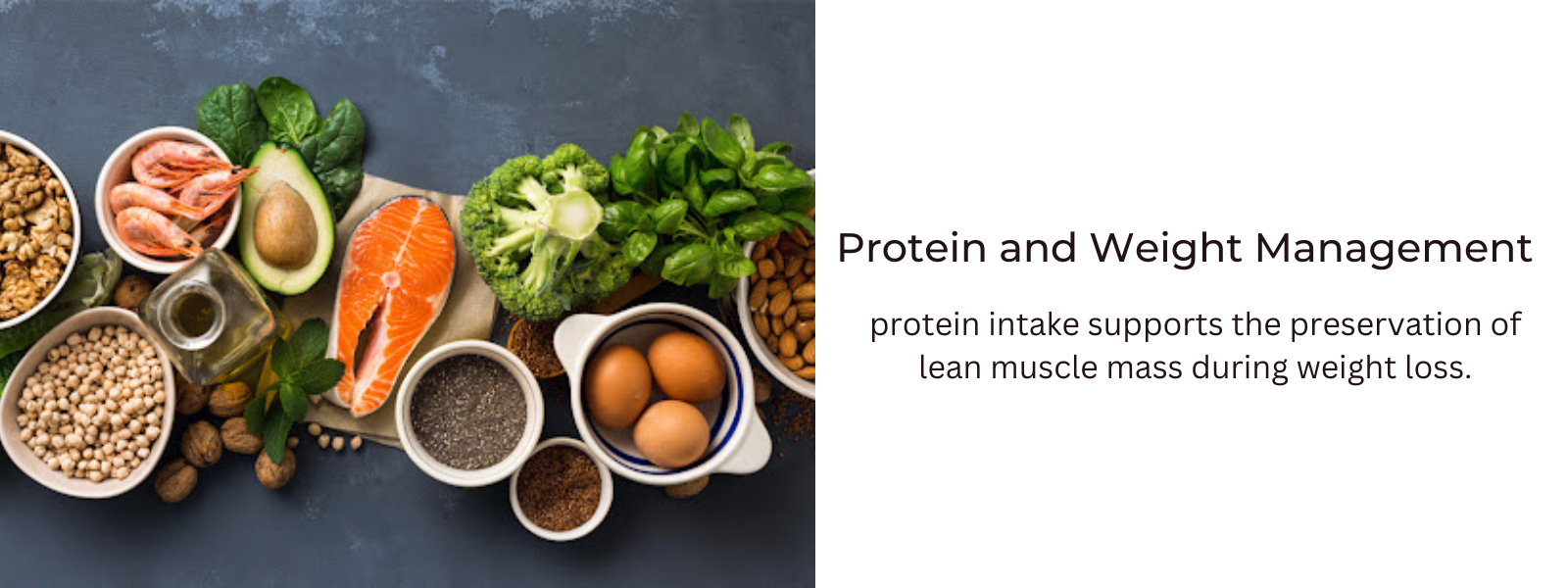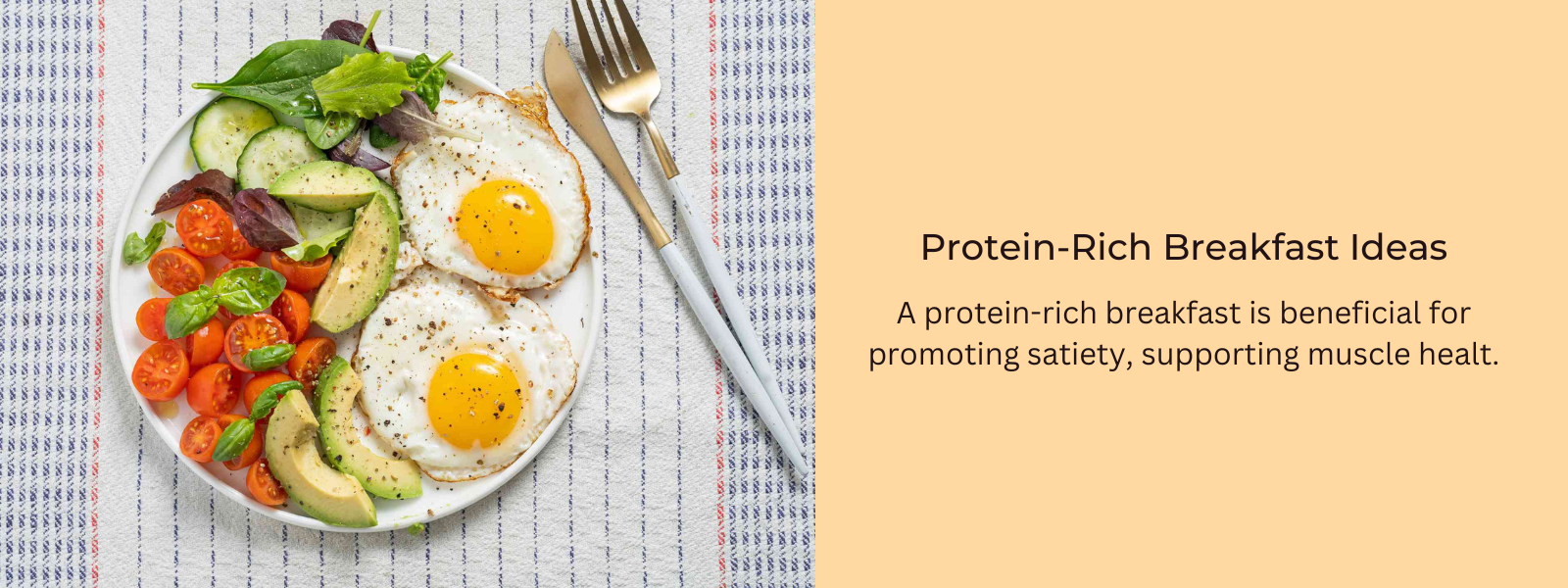Table of Contents
Protein supplements are not universally necessary for everyone but can be beneficial in specific circumstances. The necessity of protein supplements depends on individual factors such as dietary habits, lifestyle, and health goals. For individuals struggling to meet their daily protein requirements through whole food sources or those with specific dietary restrictions, supplements like protein powders, shakes, or bars can be convenient sources of concentrated protein. Athletes and individuals engaged in intense physical training may find protein supplements helpful for muscle recovery and synthesis. Additionally, older adults or those with medical conditions that necessitate increased protein intake may benefit from supplementation. However, for the general population, obtaining protein from a balanced diet that includes sources like lean meats, dairy, eggs, legumes, and nuts is typically sufficient. It is crucial to consider individual goals, preferences, and overall dietary habits before incorporating protein supplements, and consultation with a healthcare or nutrition professional is recommended to ensure personalized and appropriate use.
What Are Protein Supplements?
Protein supplements refer to products that are designed to increase the protein content of an individual's diet. These supplements are concentrated sources of protein, often in the form of powders, shakes, bars, or capsules. They are intended to supplement, not replace, the protein obtained from whole food sources. Protein supplements are commonly used by athletes, fitness enthusiasts, and individuals with specific dietary needs to ensure they meet their protein requirements.
Types Of Protein Supplements:
The main types of protein supplements include:
- Whey Protein:
- Derived from milk during the cheese-making process, whey protein is a complete protein containing all essential amino acids. It is quickly absorbed by the body and is a popular choice for post-workout recovery.
- Casein Protein:
- Also derived from milk, casein protein is absorbed more slowly than whey. It provides a sustained release of amino acids, making it suitable for prolonged periods without food, such as before bedtime.
- Soy Protein:
- Made from soybeans, soy protein is a plant-based protein source and is suitable for vegetarians and vegans. It is a complete protein with a good amino acid profile.
- Pea Protein:
- Extracted from yellow peas, pea protein is another plant-based option. It is rich in certain amino acids and is often used as an alternative for those with allergies or dietary restrictions.
- Rice Protein:
- Rice protein is derived from brown rice and is another plant-based protein source. While not a complete protein on its own, it can be combined with other protein sources to achieve a full amino acid profile.
- Protein Bars:
- These are convenient, on-the-go options that typically contain a mixture of protein, carbohydrates, and fats. They come in various flavors and are often used as snacks or meal replacements.
- Protein Shakes:
- Protein shakes are typically made by mixing protein powder with water, milk, or a non-dairy alternative. They are commonly consumed as post-workout drinks or as a quick and convenient source of protein.
- Protein Supplements for Specialized Diets:
- There are also protein supplements designed for specific dietary needs, such as those for individuals following ketogenic diets or with lactose intolerance.
Factors to Consider:
- Dietary Protein Intake:
- Individuals who struggle to meet their daily protein requirements through whole food sources may find protein supplements helpful. This is particularly relevant for vegetarians, vegans, or those with specific dietary restrictions.
- Physical Activity Levels:
- Athletes and individuals engaging in intense physical training may have higher protein needs. Protein supplements can aid in muscle recovery, repair, and synthesis, especially when consumed around workouts.
- Convenience and Accessibility:
- Protein supplements are convenient, portable, and often require minimal preparation. For those with busy lifestyles or limited access to protein-rich foods, supplements can be a practical solution.
- Muscle Building and Weight Management:
- Individuals aiming to build muscle or manage weight may benefit from protein supplements. They can provide a convenient and controlled way to increase protein intake without excess calories from other macronutrients.
- Medical Conditions:
- Certain medical conditions or circumstances, such as malabsorption disorders, surgery recovery, or illness, may necessitate increased protein intake. In such cases, protein supplements can be a valuable dietary addition.
- Age and Life Stage:
- Older adults may experience reduced appetite or difficulty in consuming adequate protein through regular meals. Protein supplements can be beneficial for maintaining muscle mass and overall health in the elderly.
Considerations and Recommendations:
- Whole Foods First:
- While protein supplements can be convenient, whole food sources should be the primary focus for meeting nutritional needs. Foods like lean meats, dairy, eggs, legumes, and nuts offer a broader range of nutrients.
- Personal Goals and Preferences:
- Individual goals, such as muscle building, weight loss, or overall health, influence the need for protein supplements. Consulting with a healthcare or nutrition professional can help tailor protein intake to specific requirements.
- Quality of Protein Supplements:
- Not all protein supplements are created equal. Whey, casein, soy, and pea protein are examples of high-quality protein sources. It's essential to choose supplements with a complete amino acid profile.
- Balance and Moderation:
- Protein supplements should complement a balanced diet and not replace whole foods. Excessive reliance on supplements may lead to nutrient imbalances and potential health risks.
- Individual Tolerance:
- Some individuals may experience digestive discomfort or allergies to certain protein sources. It's crucial to choose supplements that align with personal tolerance levels.
Who Needs Protein Supplements?
Protein supplements may be beneficial for specific groups of people, depending on their individual needs, lifestyle, and health goals. While whole foods should be the primary source of nutrients, protein supplements can be considered for the following individuals:
- Athletes and Fitness Enthusiasts:
- Individuals engaged in regular and intense physical training may have increased protein needs for muscle repair, recovery, and synthesis. Protein supplements, especially post-workout, can be convenient for meeting these demands.
- Vegetarians and Vegans:
- People following plant-based diets may find it challenging to obtain sufficient protein from whole food sources alone. Protein supplements, such as those made from soy, pea, or rice protein, can help meet their protein requirements.
- Older Adults:
- Older individuals may experience a decline in appetite, reduced muscle mass, and difficulty in meeting protein needs through regular meals. Protein supplements can be beneficial for maintaining muscle mass and overall health in the elderly.
- Those with Medical Conditions:
- Certain medical conditions or circumstances, such as malabsorption disorders, surgery recovery, or illness, may lead to increased protein requirements. In such cases, protein supplements can be a convenient way to meet these needs.
- Individuals with Weight Management Goals:
- Protein is known to promote satiety and can aid in weight management. Protein supplements, when used as part of a balanced diet, may help individuals feel fuller for longer and reduce overall calorie intake.
- People with Limited Time or Convenience Constraints:
- Those with busy schedules or limited access to protein-rich whole foods may find protein supplements a convenient and quick way to boost their protein intake.
- Individuals with Specific Dietary Preferences:
- People following specific dietary preferences, such as a ketogenic diet, may use protein supplements to help meet their macronutrient goals while adhering to their chosen eating plan.
- Post-Surgery or Injury Recovery:
- During the recovery phase after surgery or injury, the body may have increased protein requirements for tissue repair. Protein supplements can support the healing process.
- Pregnant and Breastfeeding Women:
- Pregnant and breastfeeding women may have increased protein needs for fetal development and milk production. Protein supplements can be considered to support these additional requirements.
Best Time To Have Protein Supplements:
The timing of protein supplements can be strategic to enhance their effectiveness, with common instances including post-workout for muscle recovery and pre-workout for energy support. Consuming protein supplements between meals or as a meal replacement can provide a convenient source of protein, particularly for individuals with busy lifestyles. Some also opt for protein supplementation before bedtime to promote overnight muscle repair. Additionally, during periods of prolonged fasting, caloric deficits, or recovery from illness or surgery, protein supplements can help ensure adequate protein intake. While these timings are commonly practiced, it's crucial to emphasize that meeting daily protein requirements through a balanced diet comprising whole food sources remains essential.
Healthy & Natural Alternatives To Protein:
There are several healthy alternatives to protein supplements that provide essential nutrients and can be incorporated into a balanced diet. Whole food sources offer a variety of vitamins, minerals, and other beneficial compounds along with protein. Here are some nutritious alternatives to protein supplements:
- Lean Meats:
- Chicken breast, turkey, lean beef, and pork loin are excellent sources of high-quality protein. Choose lean cuts to minimize saturated fat intake.
- Fish:
- Fatty fish like salmon, tuna, and mackerel not only provide protein but also offer omega-3 fatty acids, which are beneficial for heart health.
- Dairy Products:
- Greek yogurt, cottage cheese, and milk are rich in protein and calcium. Opt for low-fat or fat-free varieties to reduce saturated fat intake.
- Eggs:
- Eggs are a complete protein source and also contain essential vitamins and minerals. Consider including both the egg white and yolk for a balanced nutrient profile.
- Legumes:
- Beans, lentils, chickpeas, and peas are plant-based sources of protein, fiber, and various vitamins. They are suitable for vegetarians and vegans.
- Nuts and Seeds:
- Almonds, peanuts, chia seeds, and pumpkin seeds offer protein, healthy fats, and micronutrients. Consume them in moderation due to their calorie density.
- Tofu and Tempeh:
- These soy-based products are excellent plant-based protein sources. Tofu is versatile and can be used in various dishes, while tempeh has a nutty flavor and firmer texture.
- Quinoa:
- Quinoa is a complete protein source and is also rich in fiber, vitamins, and minerals. It can be used as a base for salads, bowls, or as a side dish.
- Greek Yogurt Parfait:
- Layer Greek yogurt with fresh fruits, nuts, and a drizzle of honey for a protein-packed and delicious parfait.
- Cottage Cheese with Fruit:
- Pairing cottage cheese with fresh fruits like pineapple, berries, or peaches creates a satisfying and protein-rich snack.











Leave a comment